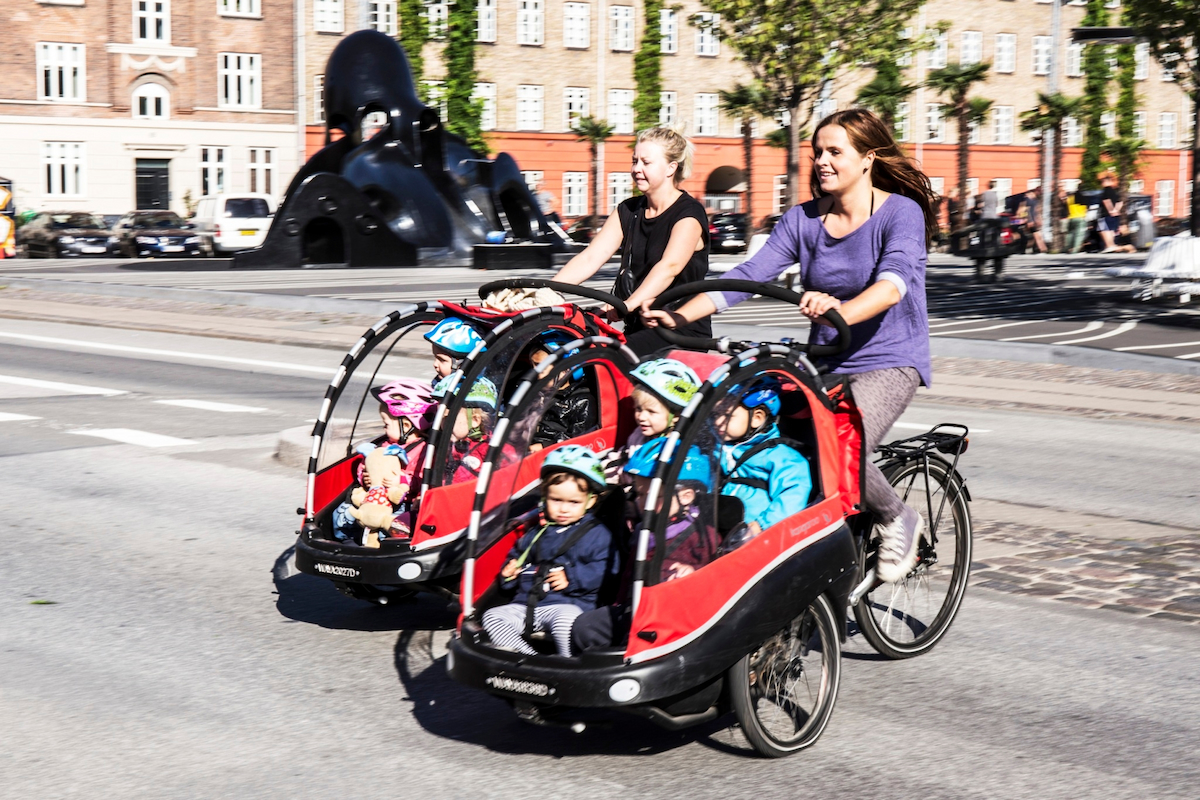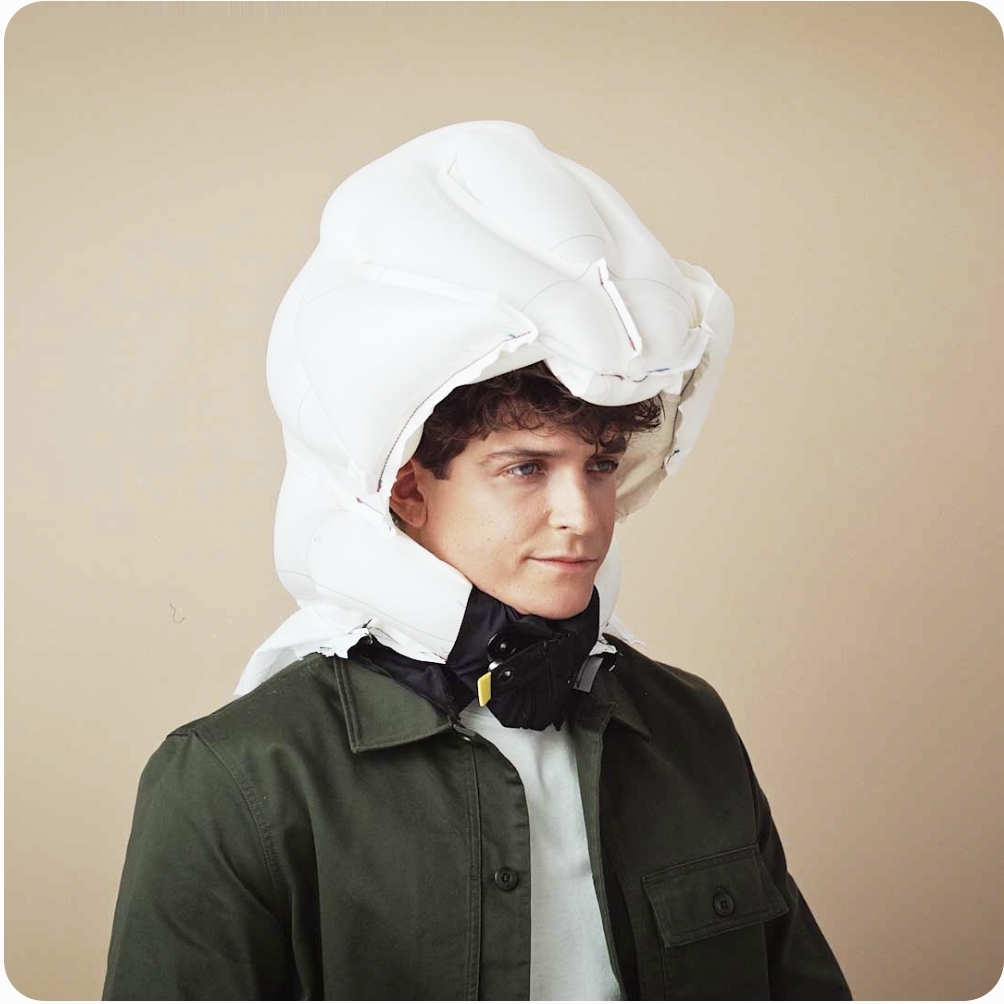Nestled amidst fjords and the Northern Lights, Norway is celebrated as a global leader in climate action. Its capital, Oslo, offers not only stunning natural beauty but also an ambitious vision for the future. With the goal of achieving carbon neutrality by 2030, the city's government is taking action akin to that of superheroes. They have unveiled a forward-thinking plan known as the Zero Emission Zone (ZEZ), making it harder for cars to enter the city than traversing through time and space, traffic is prohibited within a core area of 1.3 square kilometers. In just three years, over thousand roadside parking lots have been replaced by green spaces, thereby improving air quality and promoting a healthier and trendier lifestyle for its residents.
In consideration of the convenience of its citizens, the city government has even established bicycle hotels at major train stations, relieving people of the burdens of parking and theft concerns. Oslo is gradually transforming into a haven for cyclists and pedestrians alike.

What's even more enviable is the substantial budget allocation by the city council to support sustainability initiatives. An astonishing 10 million Norwegian kroner have been earmarked to subsidize the purchase of electric bicycles by individuals and businesses. With each bike eligible for a subsidy of up to 15,000 Norwegian kroner, this is a remarkable initiative aimed at making life less worrisome due to traffic congestion. Electric bicycles are not only eco-friendly but also practical, capable of transporting goods and effortlessly shuttling children to and from school. The rise of electric bicycles has injected fresh vitality into the quest for sustainable urban living.
In the wave of green transportation, a cutting-edge startup in Oslo, Whee!, has introduced a shared service for electric cargo bikes. This offers citizens even more choices. Through a subscription plan, individuals can access different bike models for only 1/50th of the original price, adapting to their needs. Whee! also provides four doorstep maintenance visits per year, seasonal tire replacements and comprehensive insurance coverage. Today, the company boasts a market value of 25 million Norwegian kroner. Electric cargo bikes have significantly reduced the need for households to rely on cars, alleviating financial and time pressures and enhancing the quality of everyday life in a sustainable manner.
Photo credits:Jheng Ru Li
Norway has a saying, "There's no such thing as bad weather, only inappropriate clothing." (Det finnes ikke dårlig vær, bare dårlige klær) This adage reflects the wisdom of those who live in extreme climates, especially in Northern Europe. This spirit is embodied in the design of every cargo bike, particularly those designed for transporting children. They are like fashionable tanks, equipped with versatile covers. When the sun shines brightly, you can easily remove the cover, converting the bike into an open-air style. When faced with a blizzard, simply zip up the cover to brave the elements, granting you a sense of invincibility. In the chilly October with an average temperature of two degrees, as I walked the streets feeling the biting wind, I couldn't help but imagine the comfort of riding in one of these cargo bikes adorned with reindeer fur.

In Nordic that values social welfare and safety, Swedish company Hövding has introduced a revolutionary product: a wearable airbag that resembles a stylish scarf. Utilizing advanced ergonomics, motion tracking at 200 times per second, and algorithmic analysis, the system inflates within 0.1 seconds in the event of danger, providing instantaneous protection for your head, effectively preventing severe impact injuries. It also sends emergency notifications via Bluetooth in the event of an accident. It's like a beautiful scarf that safeguards your head with an invisible helmet that can be customized to match your daily attire. Whether you're a city cyclist or a nature enthusiast, safety is paramount, and Hövding's design offers exceptional protection without compromising your style and cycling enjoyment.
Whether it's Oslo's traffic reduction policies, Whee!'s electric cargo bike-sharing service, or Hövding's airbag innovation, they all represent a direction for future urban development. We should continue to support these innovations and hope that these examples will serve as a blueprint for more cities, promoting bicycles as a fashionable symbol of sustainable living and shaping a brighter future for urban areas.
Photo credits:https://hovding.com/se/